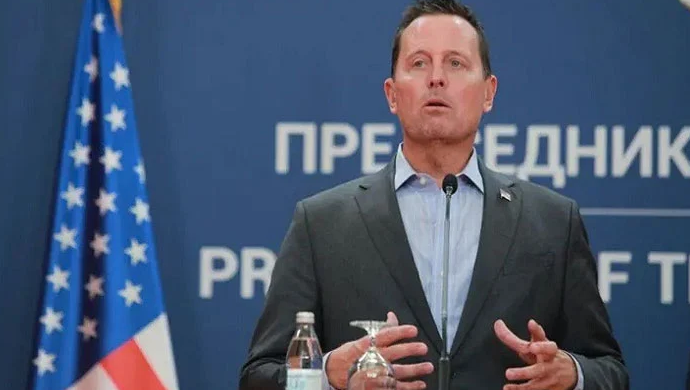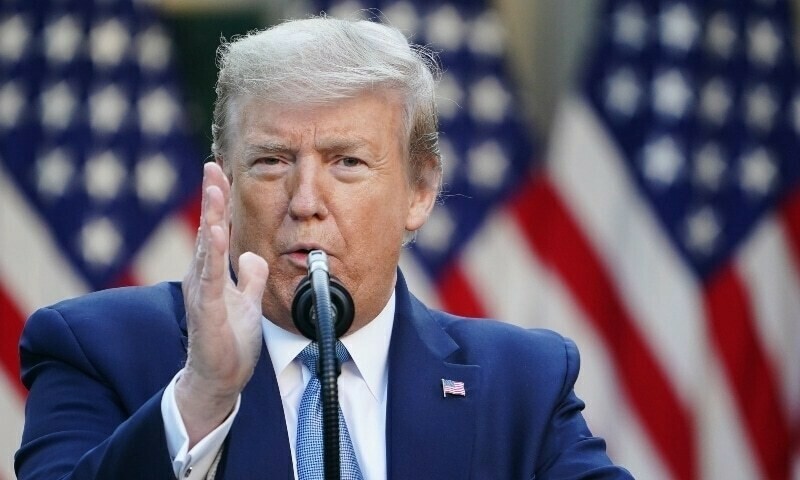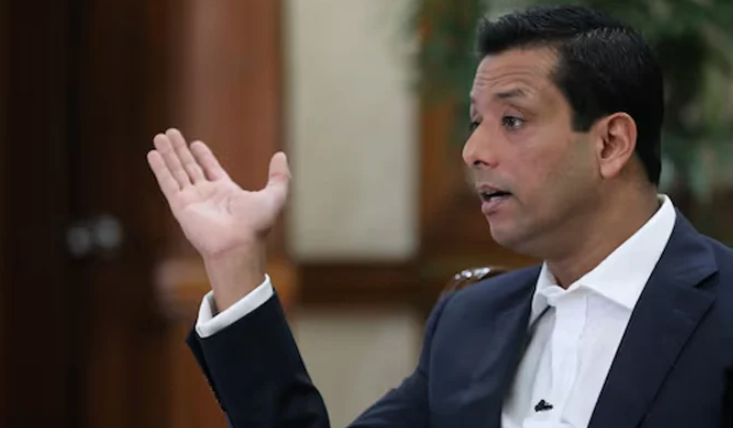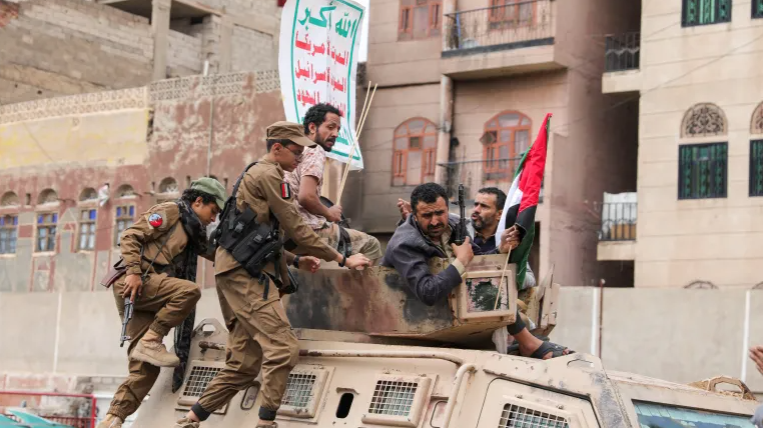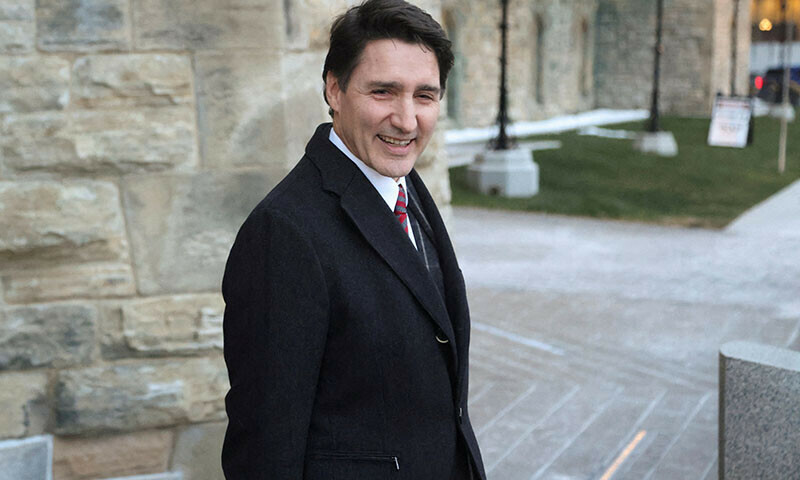WORLD NEWS
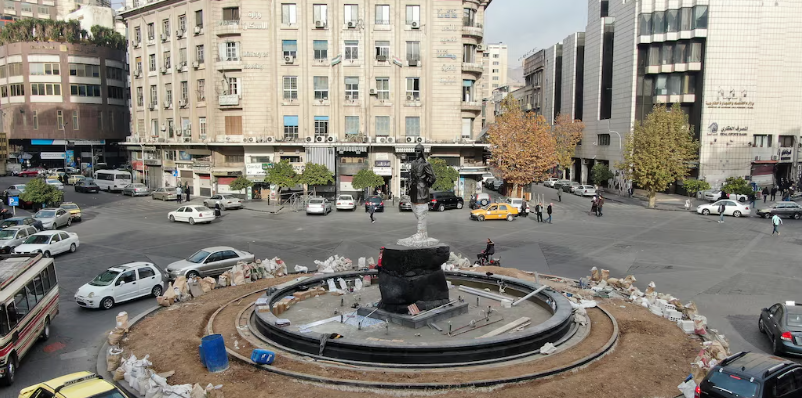
Syria’s new interim prime minister, Mohammed al-Bashir, has expressed his commitment to bring millions of Syrian refugees back home, protect citizens, and provide essential services. However, he acknowledges that the task of rebuilding the country will be incredibly difficult due to severe financial constraints.
In a recent interview with Italian newspaper Il Corriere della Sera, al-Bashir stated, “In the coffers there are only Syrian pounds worth little or nothing. One U.S. dollar buys 35,000 of our coins.” Syria's economy remains devastated after years of civil war, with cities in ruins, infrastructure destroyed, and the country under international sanctions. Rebuilding efforts face an uphill battle without access to foreign currency or significant financial support from international bodies.
Al-Bashir, who led a rebel-administered region before the swift offensive that brought down President Bashar al-Assad, now leads a government determined to restore Syria. He acknowledged that U.S. officials are cautiously engaging with the new administration, although it is still led by the former al-Qaeda affiliate group, Hayat Tahrir al-Sham (HTS). Despite their attempts to downplay their jihadist roots, HTS remains a designated terrorist organization by the United Nations, U.S., and EU.
As Syria’s new authorities work to secure financial assistance for rebuilding, they are also focusing on adopting a free-market model and integrating the country into the global financial system after decades of state control. The move comes at a time when U.S. Congress members are calling for a suspension of some sanctions against Syria, hoping to ease wartime restrictions and provide much-needed support for reconstruction.
However, the new government’s legitimacy and ability to unite a fractured nation remain uncertain. Ethnic and sectarian tensions still run deep, with incidents of violence against supporters of Assad’s Alawite sect. Al-Bashir’s government faces the daunting task of ensuring stability while preventing revenge attacks and navigating the complex dynamics of Syria’s various religious and ethnic communities.
In his first public address, al-Bashir called for unity and peace, promising to govern inclusively and respect minority rights. The global community is closely watching to see if the new government can meet these promises and avoid further escalation of violence, particularly with the ongoing threat of Islamic State resurgence in the region.
For the millions of refugees who have fled Syria, the possibility of returning home evokes mixed emotions. While some see hope in the end of Assad’s oppressive rule, others are concerned about the future under the new authorities. U.S. officials remain cautious about engaging with the new Syrian government, noting the historical failures of militant groups promising inclusive governance but failing to deliver on those promises.
Meanwhile, Syria’s geopolitical situation remains volatile, with Israel conducting airstrikes on Syrian military targets to prevent weapons from falling into hostile hands. Tensions with neighboring countries, including Turkey and Iran, further complicate the already fragile situation.
The road ahead for Syria is fraught with challenges, but the new leadership is committed to rebuilding the country. Whether they can achieve this amid financial limitations, political strife, and the threat of further conflict remains to be seen.
